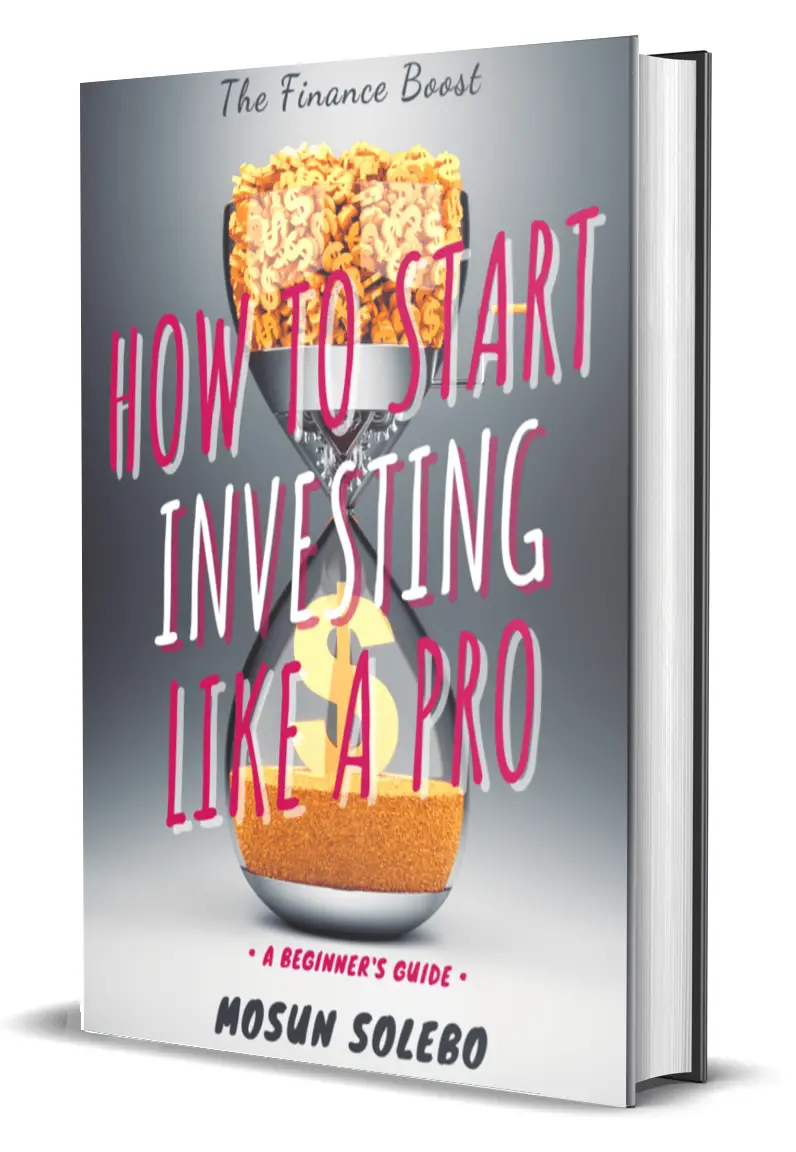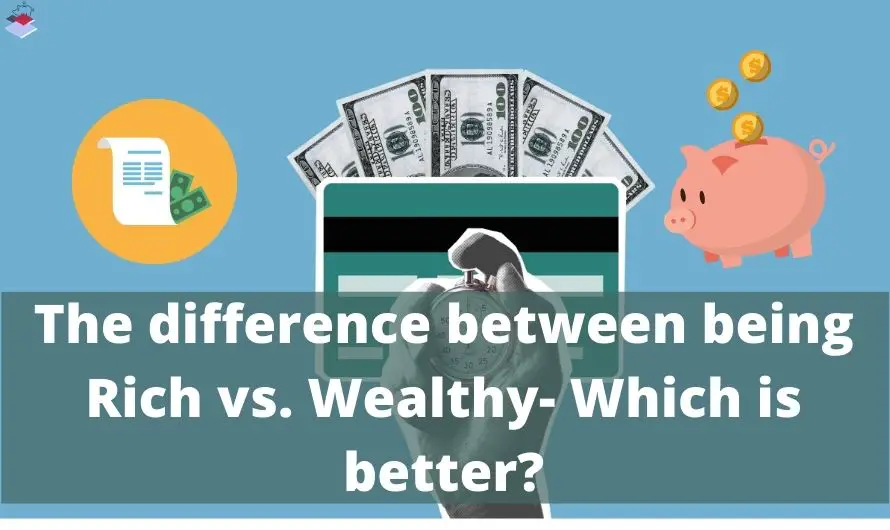Living stingy while achieving financial goals is possible.
Stingy? Wait a minute, gross!
Although stingy connotates a negative vibe, it has a brand new meaning in the financial realm.
Indeed, you’ve heard about being cheap. Some people might mean the same when they use the word cheap, stingy, or extremely frugal.
Moreover, when you are cheap, most people would assume that you are a cheapskate. And, this is not good at all. For some, it means that you generally avoid spending your money at all!
However, we’re not here to judge nor overanalyzed the etymology of these terms.
Today’s post is all about living stingy in the most responsible way to achieve financial goals.
Furthermore, let’s talk about the most practical ways to save money.
Ready to dig deeper?
Without further ado, let’s begin!
Related reads: SMART Financial Goals To Live By For 2021 and How To Stick To It
Defining the word “Stingy.”

Stingy is an adjective used to describe people who are not liberal or relatively very sparing with their life decisions, either in financial areas or material things in life.
In short, a stingy person strives to let out the smallest amount possible- whether in their purchases, preference, and their general life choices.
Some stingy persons are unwilling to share or spend as much as possible when they’ve got more ways to bargain for free.
Similar to the previous post about Frugal vs. Cheap, we mentioned a fine line between living frugal and living cheap. Both can save money but are doing it in different exciting ways.
Likewise, a stingy person describes someone in the middle of a frugal and cheap person, like an ambivert between introvert and extrovert. But then again, there is an upside and a downside part to choosing this type of lifestyle.
Hence, if someone describes you as a stingy person, don’t feel offended. It all depends on everyone’s perspectives. So long as you are not harming people or affecting those around you negatively, you are entitled to live as much and however, you want to be.
What is living stingy with your finances?
Being stingy means giving out the barest minimum in your spending choices in your everyday life. Ditch the picture of couponing like crazy and ultra penny-pinching. That is not living stingy at all.
Living stingy is also about spending the least amount possible on daily necessities and not buying things that aren’t essential at all.
The term can be correlated with being thrifty, which is to spend your money wisely.
Moreover, being stingy doesn’t mean restricting or depriving you of the joyous occasions in life. Instead, what makes us POOR is our bad spending habits.
The fear of missing out (FOMO) problems, keeping up with the Kardashians, living beyond means, allocating little to none for personal savings, and with debts piling up month per month-these are why many people are also struggling with their finances.
Again it all boils down to proper personal finance literacy.
Hence, this is why living stingy brings a positive connotation in the financial realm since a stingy person is essentially mindful of his expenses, keeping them low and growing his savings.
Furthermore, living stingy is living a life of frugality, prioritizing only the essential things in life to help you survive. Depending on what a person considers necessary, these must be non-negotiables like food, shelter, clothing, and utilities.
However, if you decide to live stingily, you can also spare yourself some cheat days together with your loved ones and help those in need when you can.
But, of course, you cannot give what you don’t have, right? But, if you have extra or even more than enough to take care of yourself and your family, you can be generous and share your blessings.
On the other hand, if you’re a young professional starting in life, you must know your priorities. So live stingy for now and enjoy later.
Save and invest as much as you can as early as now.
You don’t want to spend your retirement years working every day to pay for outstanding debts, do you?
It means living stringy or frugal for now is like investing in your future.
Is living stingy a bad thing?

Let’s first define what do we essentially call a “bad” thing.
So, what is bad? How do you say something is bad?
In layman’s terms, bad is unpleasant, unfavorable, inconvenient, or below standard—not generally accepted as a “good” in a society.
Now living stingy might come across as lousy knowing you are ungenerous on expenses or unwilling to spend more than the budget you’ve set, essentially, being cheap—availing all the possible discounts and vouchers available and refusing to pay more for others.
However, if we look at it in line with your financial matters, being frugal isn’t a bad thing since there is no wrong with being mindful with your budgeting, aka your own money, when you have financial goals in mind.
On a different note, being stingy can go wrong if it leads to self-centeredness or being greed.
There should be a middle ground in being frugal to boost your savings and enhance spending habits while giving or helping other people whenever possible.
Living Stingy is not always the worst.
The point of living stingy is to help us rethink our spending because often, we splurge on unnecessary things, not considering that you can allocate the money spent to where it can be more beneficial or worthy to spend in the future.
Again, as long as you are happy with how you live your life, there’s nothing wrong with it. Look at Kate Hashimoto. She doesn’t use toilet paper to save money because she is determined to keep more.
It’s interesting how she finds to live cheaply in one of the most expensive cities in the world- New York! I wonder how much she can save by the end of the month; besides, she’s a Certified Public Accountant.
Many people raised their eyebrows when they discovered she was an extreme cheapskate. Some even rise to attack her and leave hurtful words to her personally.
But a person can have compelling reasons to act and choose the way they live. Who we are but just a fine speck of dust in the universe to care about other’s business? Besides, living stingy can also reduce carbon footprint, and ultimately, you may contribute to less consumerism and use of wasted energy, pollution, environmental and green campaigns, etc.
As long as you are not hurting other people and those around you, go ahead and live whatever you desire!
Living Stingy: The Good vs. The Bad

Again, as mentioned above, there’s the good and the bad in living stingy.
Do you think this lifestyle suits you?
The Benefits
Financial Liberty
Being too caught up with a pile of debt is a heavy burden.
Therefore, living stingy will help you scale down those expenses by getting a sound judgment on your purchases and stopping yourself from splurging impulsively. In this manner, you’ll gain financial freedom freeing yourself from those tons of worries.
Stress-free financial life
Not having a pile of debts to think about and catch up on gives you peace of mind. You also worry less because you have lower or zero payables.
Budgeting
When you live a stingy life, you are consciously spending. You know your priorities, you are financially disciplined, and you know where every dollar goes. Moreover, you set intentions with every financial move.
Growing Savings
Living stingy can help you grow your savings since you’d be able to save the money that you would instead use for much important stuff.
The Downside
Overthinking
Being on the lookout for your budgeting and expenses might cause you to overthink too much from time to time which isn’t healthy for your mental well-being.
As you transition into a life of living stingy, try not to think so much about it. Well, it might be hard at first, but as you slowly stop yourself from impulsive buying, you’re helping yourself build thrifty habits beneficial to your financial success.
So don’t forget to take care of your mental health too. Don’t be too hard on yourself; we’re all a working progress, especially in budgeting and finally taking charge of our finances.
Greedy
Living stingy is a personal choice. But if it’s causing too much anxiety and affecting other people around you, you might get a push to the brink of greed.
So, keep your feet on the ground. Share your blessings, as they say; the more you give, the more you will receive!
Missed Opportunities
While living stingy can ultimately help you save, it might also lead you to opportunity costs. You know, when you could probably save when you bought that stuff when it’s on sale vs. its regular price during normal seasons (even with a couple of discount vouchers and all.)
See, that’s the essence of budgeting and planning your purchases around flash sale seasons.
That is why you should always take the time to think things through before rushing into a decision. Think about the advantages and disadvantages first and when you feel like the positives outweigh the negative and it makes your life better, go ahead.
10 Ways to Start Living Stingy– Practical Ways To Save and Achieve Your Goals
#1 Do a Timely Personal Financial Audit.
When it comes to your personal finance, you don’t need to have a fancy degree. Only a basic understanding of how income and expenses work, and of course math!
Moreover, you can be your accountant yourself. Do a financial review consistently. You can do it either daily, weekly, monthly, or even yearly. That way, you see a bigger picture of your money transactions plus financial accounts, and you know exactly what happened and what to do.
#2 Knowing What Makes You Happy and Thinking Ahead.
Whenever having second thoughts about purchases, whether big or small, ask yourself:
(1) Does it spark joy?
(2) Will I won’t regret buying it in a month? Perhaps in 6 months? or even a year?
(3) Is this going to benefit me in the long term?
Many of us fall into the hype because it’s so easy to get caught up in new releases, flash sales, discounts, upgraded versions, and more. When something catches your attention, you’re on the brink of impulsive decisions and reasoning.
But you still can’t decide and are having second thoughts. Remember, when in doubt, better to calm down first and take time to pause. Then, again, ask yourself and assess whether these purchases will help you or if you do need them.
I know big and essential purchases in life like housing, car, etc. which requires careful thoughts and opinions.
But for small buys or wants, if you want to get the best price possible or ensuring it’s a good one, you can also spare yourself a couple of days to think it through, perhaps a week maybe. And when you still crave that stuff, or you can’t stop thinking about it, then go ahead and buy it!
Sometimes, we all need cheat days, too, you know.
If you’ve been tight on a budget lately and have been following your strict buying schedule, then frequently, you need to reward yourself for the progress you’ve made.
Trust that when you think things over and ponder through your possible decision choices, it’ll spare you hundreds of dollars that you can use for your savings account.
#3 Know Your Goals.
Specifically, your financial goals.
Set realistic and specific goals, plus categorize them, whether short-term or long-term.
For instance, short-term goals may include buying a laptop or budgeting for travel. In contrast, long-term goals can be saving for your dream house downpayment or setting aside money for retirement.
More importantly, specify it. For example, how many amounts would you like to save in x time? How would you budget for your travel? At what amount are you comfortable retiring?
Take time to ponder and set expectations for yourself. Create reviews on your past performance as you slowly edge to accomplish them but most importantly, you need to make sure that your well-being is taken care of, i.e., are you happy while achieving these goals? Do you find contentment?
This is because we are too caught up accomplishing our goals in life that sometimes we tend to forget about our well-being if we are still happy with what we’re doing.
Remember that your well-being as a person is as important as achieving your goals in life.
#4 Be stingy with your time.
Being stingy isn’t just about stopping yourself from impulsiveness at all—it’s about being mindful of the more essential things in life as well. So, prioritize items that matter.
If you start being stingy with your time and eliminate bad habits to focus on your priorities in life, you’ll realize that being stingy isn’t that difficult at all.
You’re only helping yourself get back on the right track and putting the more essential things in life first in line.
Therefore, not only be wise in spending your money but be wise in using your time too.
#5 Start Spending Below Your Means
You’re the master of your own money, not the other way around.
Apart from living, start spending way below your monthly income and save more money today. You can do this by tricking yourself that you earn way less than your monthly income.
If you earn roughly $5,000 a month, you can allocate a budget ceiling of $3,000 for your expenses.
Cut down unnecessary expenses like the ones for entertainment and weekly vacations. Instead, plan a specific date every once in a while since you deserve to treat yourself too!
You can also look for cheaper but quality alternatives for your necessities to save more money and allocate the saved portion for your other expenses. For example, buy foods at public markets (it’s fresh and cheaper) and shop furniture from thrift stores or ask for hand-me-downs from your relatives if you can.
Why spend when you can get it cheaper or for free, right?
Related: How To Live Below Your Means: Frugal Living Tips To Save More Money
Boost Your Savings
The following tips will make room for your savings apart from having a side-hustle or freelancing.
Have you also heard of investing? Well, that’s one way to grow and let your money work for you!
#6 Look for Free Things To Do!
Who says entertainment doesn’t have to be free?
Take a walk around the park or play indoor games with your loved ones. Remember, you don’t have to spend money to entertain yourself.
You can do yoga or workout at home to boost self-confidence and help you feel good about yourself.
Moreover, you can read and borrow free books in libraries or learn new healthy and inexpensive recipes to cook for today!
These are just among the countless free and productive ideas that will help you live a stingy life!
#7 Negotiate your terms
You can reduce or lower down your expenses even in your essentials.
For instance, if you are trying to trim the fat, ask your landlord to negotiate your rent. Then, perhaps, offer a free service to compensate for the amount.
You can also shop around for cheaper insurance. Did you know that most Americans overpay on insurance by an average of $330 a year? Companies often offer at a lower price first and then slowly hike up your rates and premiums over the years.
Only then, one day, you’ll get to realize you are overpaying hundreds of dollars more than a year expected. Hence, Ask around for cheaper quotes, and don’t be afraid to switch brands.
Furthermore, try to negotiate with your existing providers. However, it can be a bit burdensome but be patient. Some apps can help you negotiate your bill and track unused subscriptions.
You can also negotiate your rate with your employer to increase your take-home pay. Increased income allows you to save more; don’t fall into income inflation!
Lastly, if you have electronics or appliances, keep their warranty card so that once there’s a problem with them, they are warranty covered, and you can save money from replacement or repairs. You can also use energy-efficient lighting to reduce your utility bill.
#8 Review Subscriptions at Home
With so many things fighting for our attention, it’s hard to keep up with what we’ve signed up for.
Hence, you probably signed up for a monthly subscription on apps before that you’ve already forgotten over time.
Know that these apps automatically deduct from your credit card incurring costs monthly that go unnoticed.
To prevent this, review your monthly subscriptions from your televisions to the apps on your phone, cut the cord!
If you have subscriptions that might no longer have any use, cutting them off would spare you the money you can use for many other necessary expenses.
#9 Spending Ban Challenge
Have you seen those trending spending ban challenges?
This can be used as a tool in living a stingy life as well!
The mechanics are pretty straightforward. First, you need to complete either a week or a month of not spending a dime on unnecessary stuff like coffee, eating out, movies, etc., other than your necessities.
It’s simple. You have to state your reasons or goals and keep motivated. Include your exceptions too. Then, monitor your finances. Ensure not to spend during the entire period you enrolled yourself in the spending ban challenge.
You can do this by encouraging someone with you and do the challenge together! That way, it’s more exciting and challenging!
Related: 17 Money-Saving Challenges to Definitely Help Save More than Before
#10 Keep it in Your Budget
Know that unplanned spending can jeopardize your finances, so go on and set monthly budgets and start planning on your finances today.
You can pick whichever method works for you as long as the goal of achieving planned and sound finances is achieved.
This is because when you plan and set a budget for your expenses, you can get an overview of your monthly spending, spot those bad spending habits, and eliminate them.
You can also get a clear picture of your financial progress and whether or not you’ve improved on it and see how your savings grow.
Be mindful of your hard-earned money and give it a purpose and use it as a tool for achieving the best life you want for yourself.
Wrapping Up

Living stingy doesn’t always mean you’d have to give up all the comfort in life to save money for your necessities.
You’d only have to be flexible with your expenses, eliminate the unnecessary ones and be mindful of your habits.
Always choose the things that could improve your life and help you make the most out of it.
In a nutshell, living stingy means giving purpose or meaning to every penny that you’ve worked hard for day by day and teach yourself to appreciate the value of the smallest things in life.
“Live life to the fullest”
While it must be wonderful to live life doing what you want, everything comes with a price—a cost you eventually have to pay for one day.
Nothing ever comes free in this world, and we’ve all got choices; that is to either live beyond our means—splurge and enjoy life which could result in living by paycheck to paycheck and headaches on paying bills or live frugal with a worry-free life allowing us to sleep soundly at night.
If your goal is to live the best life possible for you and your loved ones, then living stingy might be the answer.
Living stingy might be dreadful to some, knowing you always spend below your means but trust that it’ll help you achieve your financial goals as well as live a stress-free life.










0 Comments